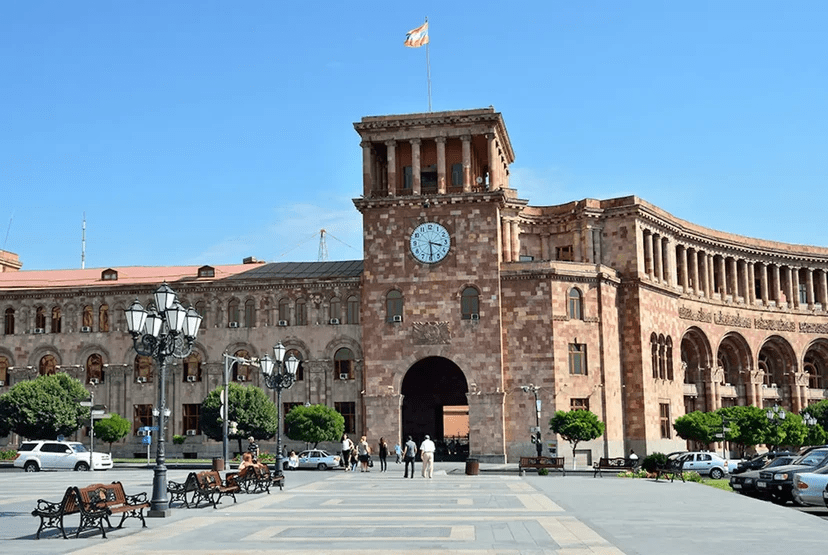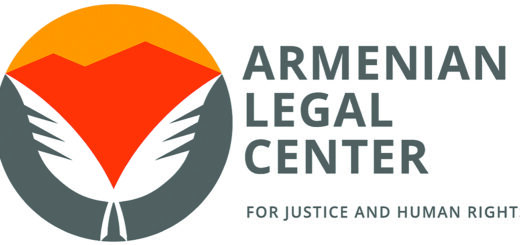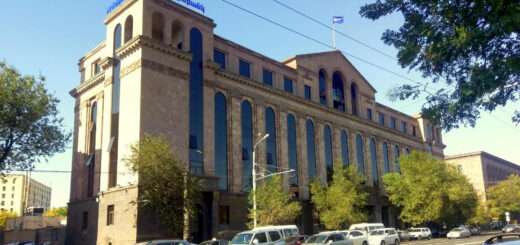Armenian government under scrutiny over secret grants to research institute

Armenia’s government allocated more than $515,000 in state funding to a Yerevan-based research institute through a secret mechanism over five years, along with a long-term free-use property grant in the capital, Factor.am reported this week, prompting questions over transparency and political favoritism.
The Ashot Hovhannisyan Institute for Humanities received annual grants from 2020 to 2025 under a government program for supporting civil society organizations. The decisions were classified at the time and declassified only in late October following media requests.
According to documents cited by Civilnet, the Cabinet justified secrecy by referring to ‘urgent needs to study sensitive issues’ linked to the political environment after Armenia’s 2018 revolution and the 2020 war. The funds were issued without competition, despite budget rules stating that civil grants should be allocated via open tender.
The institute also received a 348-square-metre state-owned space in central Yerevan for 15 years free of charge, following a prime ministerial instruction in 2021. In response to CivilNet, the Prime Minister’s Office stated that secrecy was lifted because the research ‘has lost urgency’ after the Armenia–Azerbaijan agreement reached in Washington on 8 August.
The institute was co-founded by cultural historian Vardan Azatyan, who later became rector of the State Academy of Fine Arts and, in January 2025, a member of Armenia’s Public Council – a consultative body appointed by the government. In past publications, Azatyan praised the 2018 revolution, and in 2024 Prime Minister Nikol Pashinyan referenced research conducted ‘with one of our partner organisations’ widely understood to be the institute.
The institute also collaborated with First Lady Anna Hakobyan on a public education campaign in 2024.
Opposition figures and anti-corruption groups argue that the funding raises concerns over the use of state resources to support entities aligned with the ruling Civil Contract party. Transparency International Armenia said the bypassing of competitive procedures contradicts a 2003 government regulation on grants.
The government has not clarified why the projects were deemed sensitive nor specified which policy decisions relied on the research. The institute stated on social media that all its work was public and that the government alone possesses information on the secrecy rationale. It argued that its studies were aimed at ‘institution-building and transformation after the revolution’.
Civil society organizations have played a central role in Armenia’s post-2018 political landscape, and some critics say the government has developed a network of preferred partners, while other NGOs report barriers to accessing grants or engaging officials. The administration rejects claims of favouritism and says reforms are focused on transparency and accountability.
The Prime Minister’s Office stated that the decisions were declassified after geopolitical conditions changed.
The institute, founded in 2014, says it promotes research in the humanities and contributes to public debate. It did not specify how its work informed government policy, stating that only the government could answer such questions.
Armenia’s Prosecutor General’s Office has not commented on whether it sees grounds to review the funding decisions. CivilNet said it had submitted formal inquiries to both the government and prosecutors.





